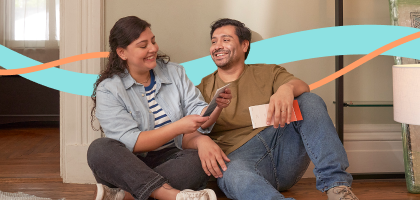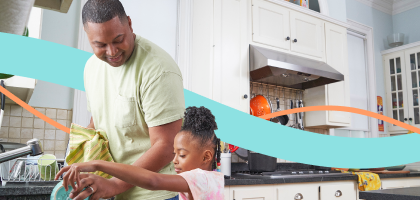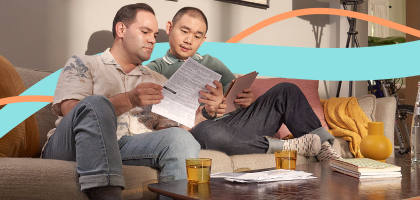
Our tools and tips help you learn the costs of buying and owning a home, so you can feel more confident when searching for a place to call your own. You’re on your way home.
Understand the costs before you buy
Let's break down the costs of buying a home so you can feel prepared each step of the way.
Find out how much house you can afford
Set a price range
Estimate how much you can spend on a house using factors such as income, debts, and expected down payment.
Find down payment assistance
Programs and support are available to help first-time homebuyers with their down payment and closing costs. See if you qualify.
Budget for closing costs
Use the closing costs calculator to see ranges of common closing fees to help you budget.
Prepare for the costs of owning a home
It’s important to be aware of all the costs when buying a home, not just your down payment and closing costs. Budget for these expenses after you buy, to help you be a successful homeowner once you get the keys.





